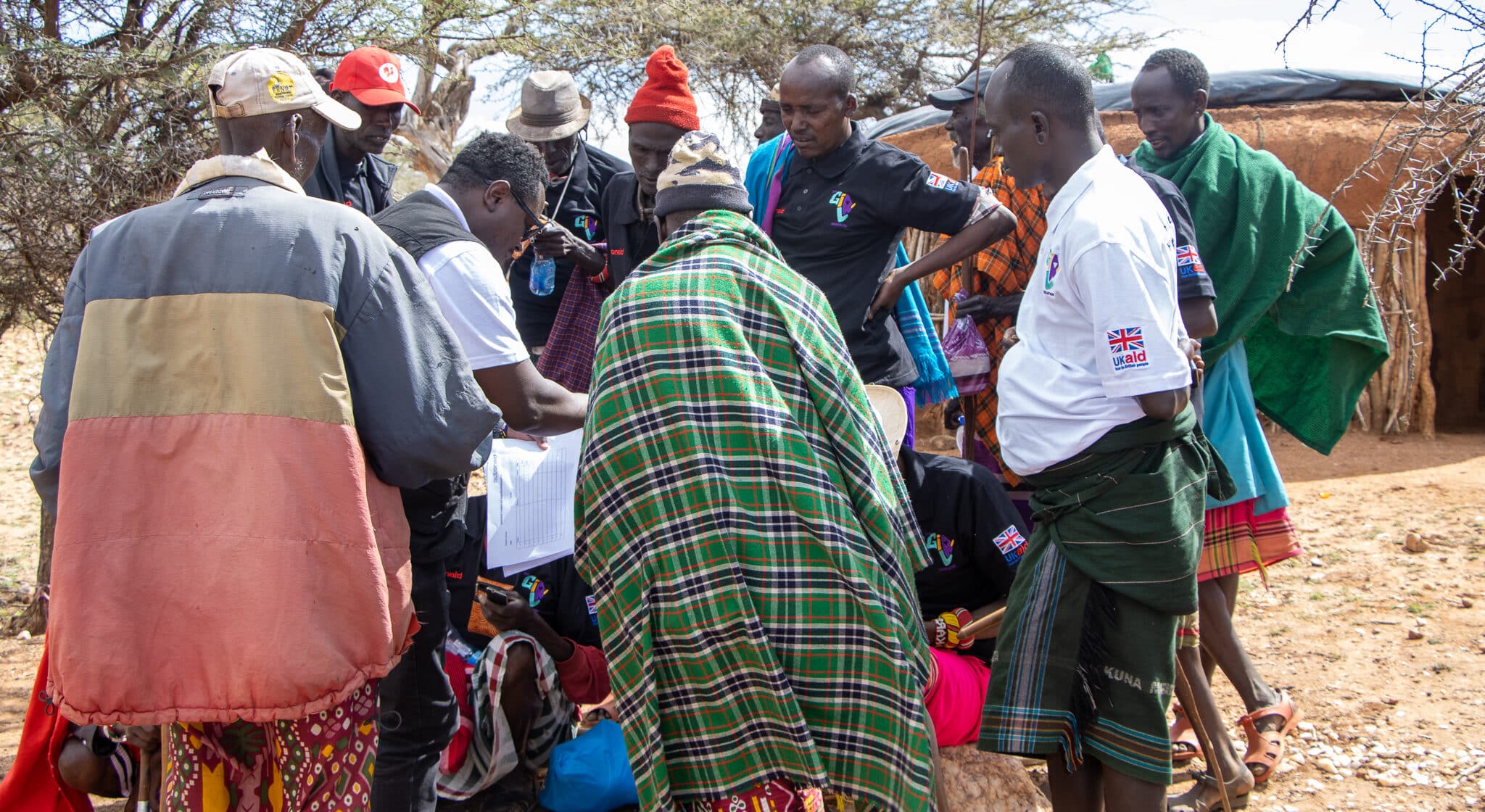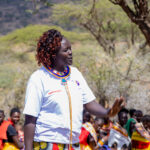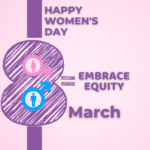Hibo Elmi, Yahye Mohamed- Action Aid Somaliland, and Teresa Awili, ActionAid Kenya (as told to Jane Meme and Chi-Chi Undie)
Capturing shifts in attitudes and other changes toward Female Genital mutilation/Cutting (FGM/C) is a complex process that requires multiple approaches. Most shifts around FGM/C are bound to be subtle, and difficult for community members to talk about as part of a formal interview process.
In addition to other approaches, partners under The Girl Generation- Support to the Africa-Led Movement (TGG-ALM) to End FGM, such as ActionAid, are relying on ethnographic methods for tracking such change. Specifically, individuals have been trained to serve as ‘community narrators’ – i.e., community members who conduct participant- observations by going about their regular lives in the community, while making mental and written observations about community change regarding FGM/C (including conversations, events, structures, etc., that reveal such shifts). Periodically, Monitoring, Evaluation, and Learning Officers (MEL) hold sessions with community narrators to collaboratively flesh out their observations. Community narrators are collecting data on a long-term basis as part of a longitudinal process.
Important lessons are emerging from implementing this approach to data collection in Somaliland. MEL Officers have noted, for example, that literacy levels need to be considered when engaging community narrators. While a focus on the ability to identify and narrate relevant issues for observation is key, narrators also need to be able to document their observations. Documentation has been hampered by the fact that the narrators selected happened to be non-literate. This issue is being addressed by having MEL Officers spend more time in their follow-up sessions with narrators, working with them to recall important observations, and then documenting these recollections on behalf of the narrators. Furthermore, for narrators who can write down their observations, the translation of these writing observations from the local language to English has also emerged as an issue needing attention. MEL Officers are playing a role here, too, by serving as translators.
In Kenya, an effort was made to include school-going adolescents are narrators. While such students bring an important perspective to the observation process, it was anticipated that some of them may eventually not return to their boarding schools when schools re-opened. This reality could potentially result in a gap in the number of community narrators originally recruited and trained. However, schools also provide an important context for observing and recording change, and it is plausible that student narrators can continue in their observation role in this setting, although new mechanisms for MEL Officers to follow up with them will have to be devised.
Adaptation lessons:
- For data collection in general, adequate time must be allocated to planning and working through the criteria for engaging data collectors. Literacy, data collector availability, and language considerations are among the many issues that must be ironed out in advance.
- Where the above factors had not been considered earlier, there are ways of adapting to still achieve the desired results. In the present case, adaptation approaches have included:
- Having MEL Officers tweak their follow-up approach, serving as translators and providing support for written documentation.
- Using new contexts for carrying out observations (i.e., schools versus communities) as an opportunity to enrich learning.



